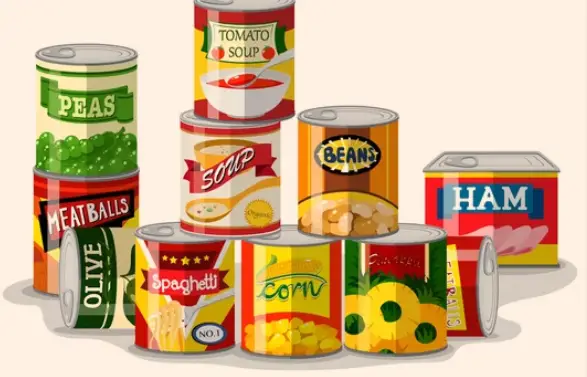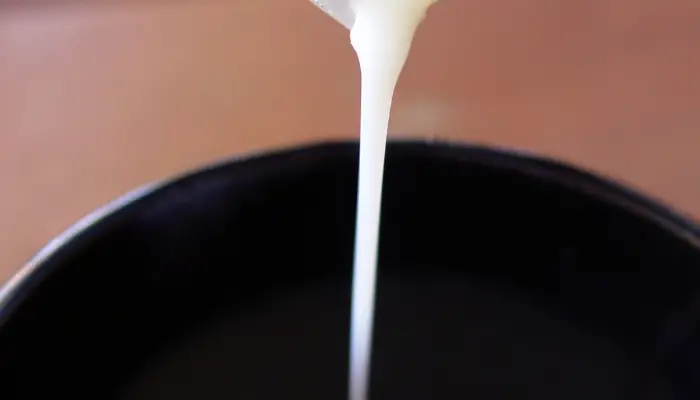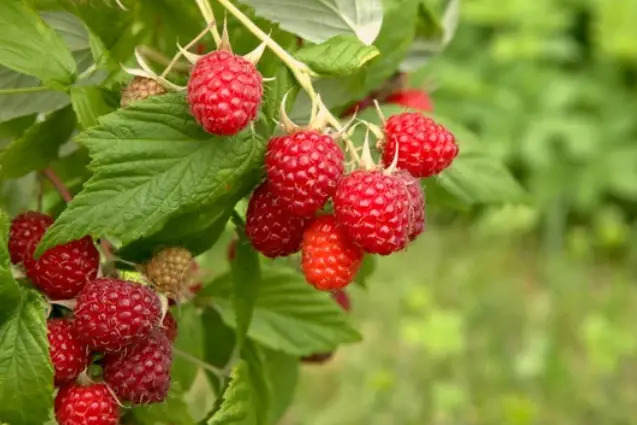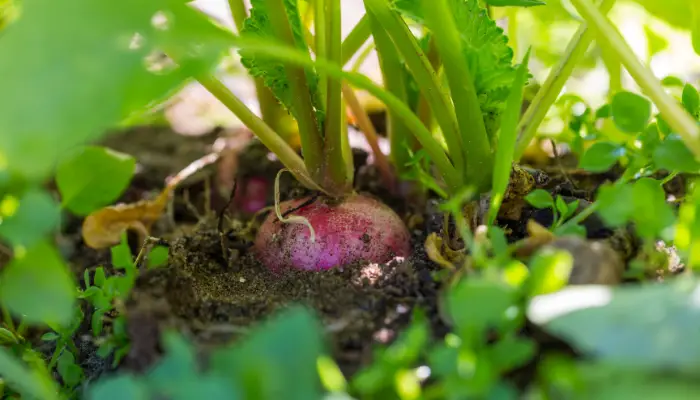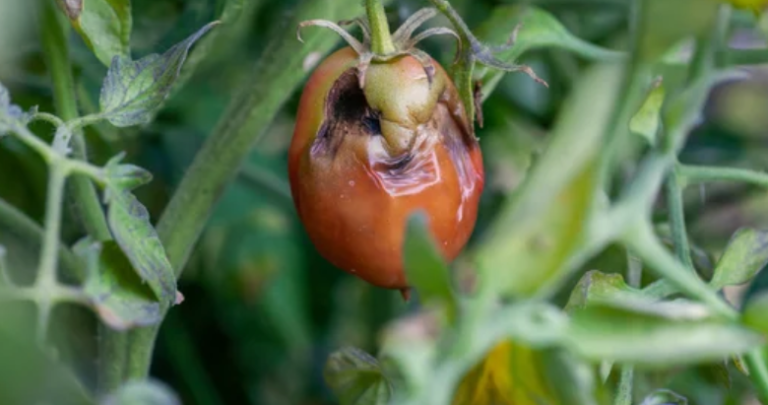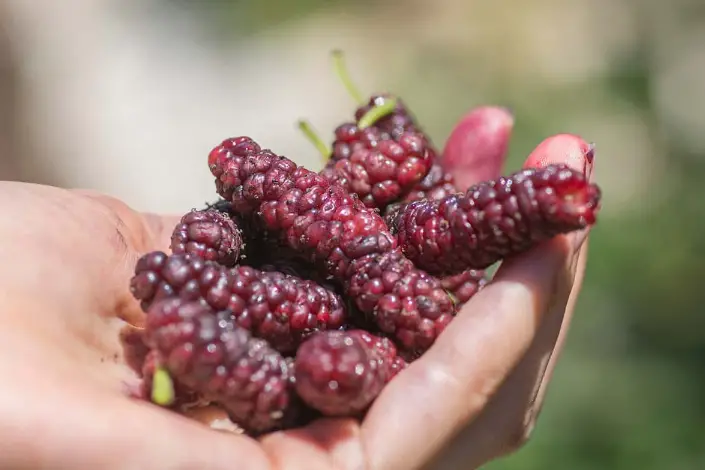What is The Shelf Life of Canned Foods
Because they are convenient and provide long-lasting nutrition, canned foods have long been a mainstay in our pantries.
Although canned foods are undoubtedly convenient, have you ever wondered how long those fruits, vegetables, or meats will last in your pantry?
Go into the interesting world of canned foods and examine the variables that affect their shelf life in this blog post.
By the time you finish, you’ll know more about how to maximize the flavor and safety of your canned food.
What is a Canned Food?
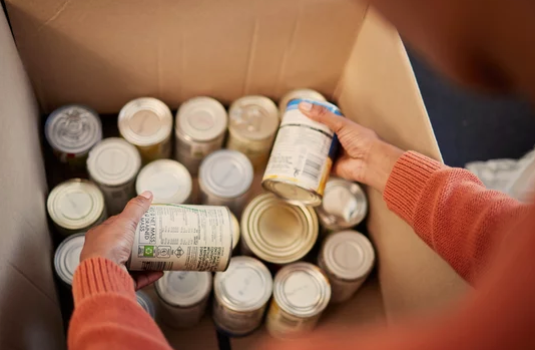
Simply put, canned foods are goods that have been sealed in airtight, usually metal, containers to stop microorganisms from growing and preserve food quality for a long time.
This method, called canning, entails sealing the food in a sterilized container after heating it to a high temperature, which kills bacteria and other microorganisms.
The Factors That Influence Shelf Life
The shelf life of canned foods depends on various factors, and understanding these factors is essential for making informed choices about what to stock in your pantry.
Type of Food
The type of food being canned plays a significant role in determining its shelf life.
Generally, foods with low acidity levels, such as vegetables, meats, and poultry, tend to have a longer shelf life when canned compared to highly acidic foods like tomatoes or citrus fruits.
Low-acid foods can last for several years when stored properly, while high-acid foods have a shorter shelf life, typically around 1-1.5 years.
Packaging
The quality and integrity of the can or container are crucial for preserving the food inside.
A well-sealed can with no visible dents, rust, or damage is more likely to keep its contents safe for an extended period.
Damaged or compromised cans can allow air and bacteria to enter, potentially causing spoilage.
Storage Conditions
Where and how you store your canned foods can have a significant impact on their shelf life.
The ideal storage conditions for canned goods involve a cool, dry place with stable temperatures.
Avoid exposing them to extreme heat or cold, as this can lead to quicker deterioration.
For the best results, aim to keep your canned foods in a pantry or cupboard with temperatures between 50-70°F (10-21°C).
Best-By Dates
Canned foods come with “best-by” or “use-by” dates on the label, but it’s essential to understand what these dates mean.
“Best-by” dates indicate the manufacturer’s estimate of when the product is at its peak quality, not when it becomes unsafe to eat.
Canned foods can often be consumed safely long after these dates, as long as the can is undamaged and properly stored.
What is The Shelf Life of Canned Foods
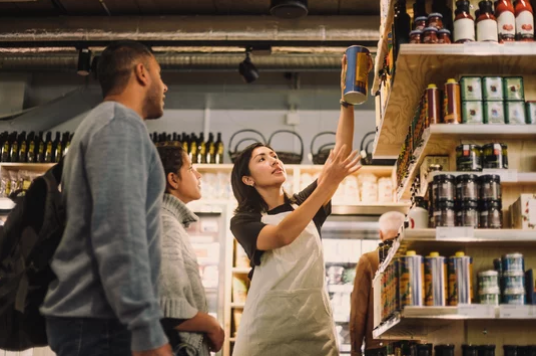
- Canned Vegetables: Canned vegetables like peas, corn, and carrots can last anywhere from 2 to 5 years when stored correctly.
- Canned Fruits: Fruits like peaches, pears, and pineapples tend to have a shelf life of 1 to 2 years.
- Canned Meats: Canned meats, including chicken, beef, and tuna, can be safely stored for 2 to 5 years.
- Canned Soups: Soups, stews, and chili typically have a shelf life of 2 to 5 years.
- Canned Fish: Canned fish, such as salmon or sardines, can last up to 3 to 5 years.
- Canned Tomatoes: Tomatoes are acidic and generally have a shorter shelf life, typically 1 to 1.5 years.
Safety and Quality Concerns
While canned foods can last for an extended period, it’s crucial to pay attention to safety and quality. Here are a few key tips:
- Inspect the Can: Before using canned goods, examine the can for signs of damage, rust, or bulging. If you notice any of these issues, discard the product immediately, as it may be spoiled or unsafe to eat.
- Use Your Senses: When opening a can, use your senses. If the food looks, smells, or tastes off, it’s best to err on the side of caution and dispose of it.
- Store Properly: Ensure you store your canned foods in a cool, dry place away from direct sunlight and extreme temperature fluctuations. These conditions will help maintain the quality and safety of the food.
- Rotate Your Stock: Practice “first in, first out” by using older canned items before newer ones to ensure you consume them before their quality starts to degrade.
Conclusion
Foods that have been canned are a flexible and practical choice for storing food for a long time, but it’s important to know how long they will last to ensure quality and safety.
You can make well-informed decisions about which canned goods to stock your pantry with by taking into account the type of food, packaging, storage conditions, and best-by dates.
Canned foods can provide a dependable source of delectable and nourishing meals for many years to come with the right maintenance.

